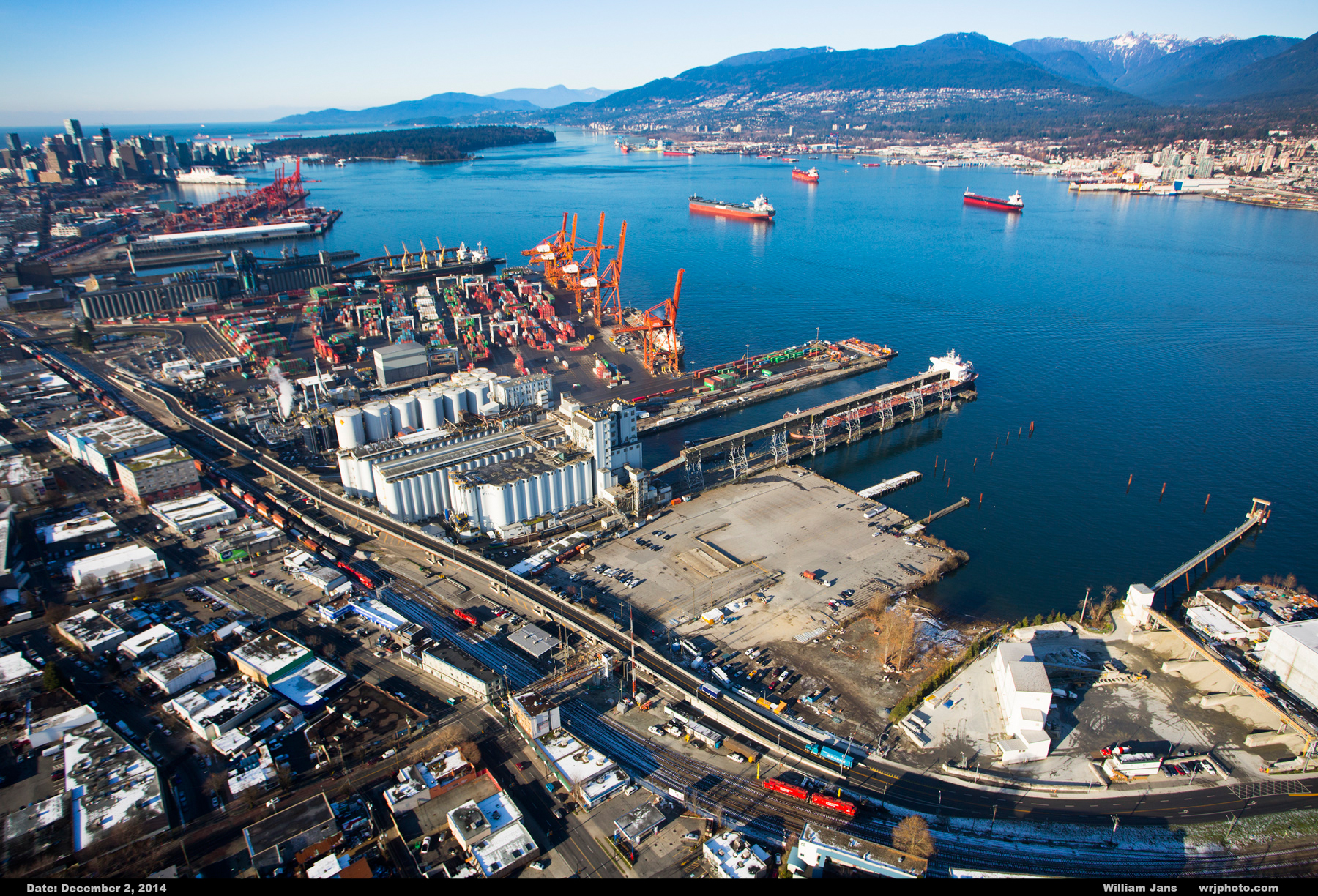By Leo Ryan, Editor
Some 7,400 unionized dockers in British Columbia plan to renew striking as early as this Saturday after their job action late Tuesday was ruled illegal by the Canada Industrial Relations Board which ordered them back to work this morning.
Pickets rapidly began coming down in the latest chapter of a dramatic saga that for several weeks has been disrupting operations at two of Canada’s three largest ports, Vancouver and Prince Rupert, and cost an estimated $10 billion in lost cargo trade.
A first strike action began on July 1 and lasted until July 13, when a tentative deal was announced between the International Longshore and Warehouse Union Canada and the B.C. Maritime Employers Association. But yesterday ILWU leadership rejected the mediated agreement – without submitting it to membership vote – despite initially recommending the terms of settlement. After being informed of the illegality of staging picket lines without the required 72-hour strike notice, the ILWU served this notice earlier today.
“Workers and employers across Canada cannot face further disruption on the scale we saw last week,” Labour Minister Seamus O’Reagan Jr. and Transport Minister Omar Alghabra, said in joint statement. They indicated they are “looking at all options.”
“We should not be here. The deal presented to the parties was the result of a constructive and substantive collective bargaining process. It represented a fair and balanced deal.”
The next step by the federal government, they said, could be announced today (Wednesday).
ILWU Canada affirmed the recommended terms were not sufficient to protect port workers’ jobs “now or into the future. The term of the collective agreement that was given with today’s uncertain times, is far too long. We must be able to re-address the uncertainty in the world’s financial markets for our members.”
The BCMEA countered by stating: “There is a fair and balanced deal on the table that was presented by a third-party mediator, that is reflective of both the employer and the union’s positions over five months of negotiations and mediation. This deal would allow ILWU workers to receive a compounded 19.2% wage increase over four years which would result in the median ILWU income moving from $136,000 to $162,000, not including benefits and pension. The proposed wage increase is well and above industry average standards and yet, ILWU leadership deemed it not enough.
“The proposed deal also provides an 18.5% increase in their M&M retirement lump sum payment in addition to their pension, increased tool allowances, benefits, and pension contributions.”
With increasing intensity, the federal government is being urged by a wide spectrum of business groups and political figures such as the Premier of Alberta to introduce back-to-work legislation.
Cry of alarm from Canadian manufacturers
“A second strike at the ports of British Columbia, days after an all-party agreement was reached, is intolerable for Canadian manufacturers,” said Dennis Darby, President and CEO of the Canadian Manufacturers and Exporters. “Our businesses, like any other in Canada, only thrive on the stability of our critical transportation infrastructure. We need this strike to end, and for the BC ports to open now.
“We urge the federal government to deploy any measure at its disposal, especially back-to-work legislation, that will bring the quickest end to the strike. Any delay will only add to the damage done to manufacturers, the economy, and Canada’s global reputation.”
“I don’t think the government has much choice now but to legislate them back, to be honest with you,” has declared John Corey, president of the Freight Management Association of Canada.
“Thirteen days was bad enough; it’s going to take until October to clear that through the supply chain. And if this goes back on, not only is it going to jam up the supply chain, it makes Canada look like a laughing stock,” Mr. Corey told Global News.
“Strike action disrupting port operations and anchorage capacity earlier this month halted the movement of approximately $800 million worth of cargo each day, impacting Canadians who rely on the businesses that import and export goods through the port for employment and for reliable access to the products that support each of us every day,” commented Victor Pang, Interim President and Ceo of the Vancouver Port Authority. “Sustained strike action at the Port of Vancouver will have economic ripple effects impacting the more than 115,300 supply chain jobs that depend on the movement of goods through Canada’s largest and most diversified port.”
(Photo Port of Vancouver)





